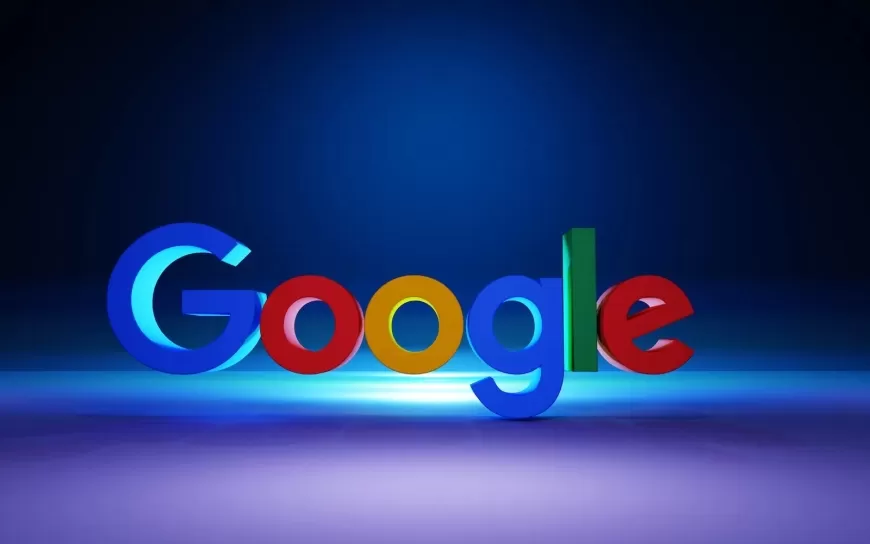Google Ad Tech Changes Sparked Publisher Concerns Over Market Dominance
Google's 2019 ad changes upset publishers, leading to backlash and an ongoing antitrust trial. Learn how this impacts online advertising

Google, one of the largest players in the digital advertising world, faced backlash from publishers after making changes to its ad tech platform in 2019. The tech giant's decision to limit publishers' ability to direct ad sales away from Google’s own exchange stirred controversy, with many in the industry expressing frustration over what they viewed as an effort to tighten control over the ad market.
According to documents presented during Google's ongoing antitrust trial, the company was well aware that its move would not be well-received by publishers. In an attempt to soften the blow, Google tried to present these changes alongside other improvements to its ad tech system, which it claimed would make the platform more streamlined and fairer for all parties.
Impact on Publisher Independence
Before these changes, publishers had a way to reduce their reliance on Google by setting higher minimum bids for ads on Google’s AdX platform compared to other ad exchanges. This allowed them to explore other ad tech solutions, often with lower fees. However, when Google removed this feature, many publishers felt they lost a crucial tool for managing their ad inventory more flexibly.
Internal communications revealed that Google was aware of this sentiment. Executives knew publishers might accept lower ad revenues from other exchanges if it meant avoiding Google’s ecosystem. "It helps them keep Google at bay and maintain leverage over us," Google’s executives discussed in an internal email.
Google's Strategy to Counter Backlash
To address the potential fallout, Google didn't just remove the contentious feature outright. The company strategically paired the removal with new offerings that appeared beneficial to publishers, such as ending Google's "last look" advantage in ad auctions. The "last look" feature allowed Google’s ad tools to see the final bid in an auction and outbid other advertisers, which many saw as giving Google an unfair advantage.
Google presented these changes as part of a broader effort to enhance transparency and fairness in its ad marketplace. The company claimed that the adjustments resulted in a median 2.7% increase in auction revenue for its top 500 publishers.
Reactions from the Publishing Community
Despite these efforts, many in the publishing community were unhappy with the changes. Some industry leaders felt that Google’s alterations made it harder for them to diversify their ad sales strategies and to increase ad revenues outside of Google's platform. Concerns were raised about a perceived loss of control over how ads were sold and managed.
What’s Next for Google?
The trial, which has drawn considerable attention, is expected to continue for several weeks. If the court finds that Google engaged in anti-competitive practices, there could be significant consequences for the company. Potential outcomes could include orders to restructure parts of its ad business, such as divesting Google Ad Manager, which includes its publisher ad server and ad exchange.
As the trial unfolds, it will be important to watch how these legal proceedings impact not just Google but also the broader digital advertising ecosystem, where issues of competition, transparency, and fairness continue to be hotly debated.
































































